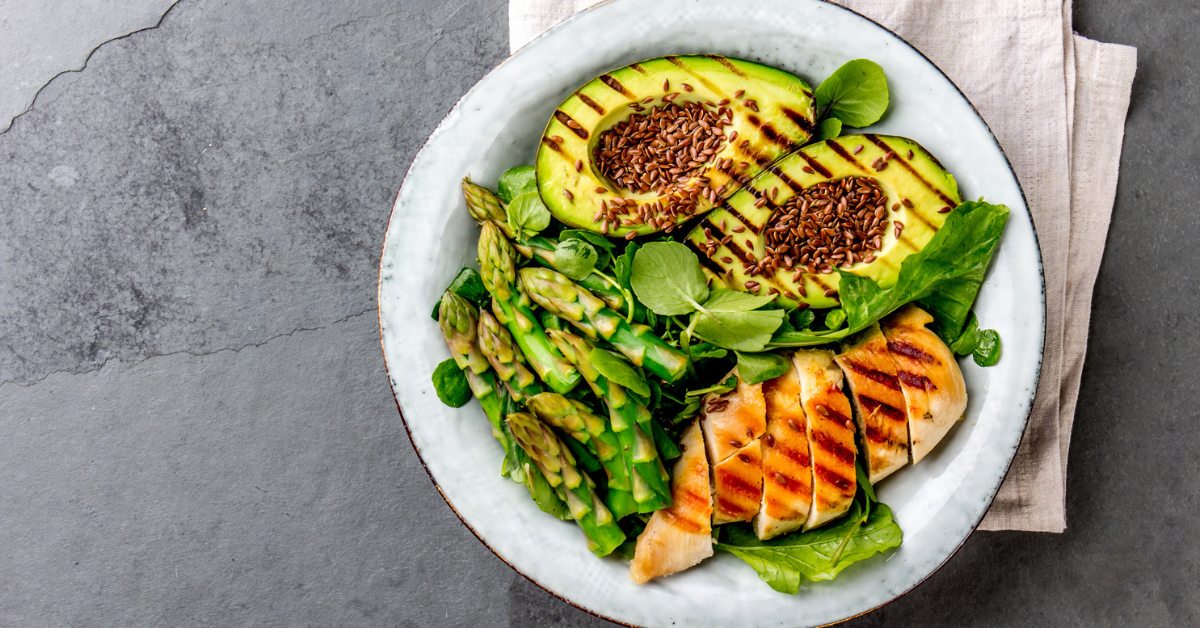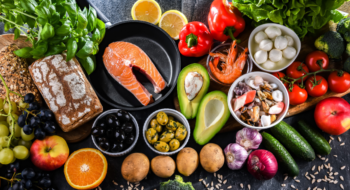Our best weapon in the fight against chronic inflammation in the body isn’t found in a pill but in the lifestyle choices we make every day.
Our bodies naturally respond to illness, injury and allergens with inflammation to help protect and restore our health. However, when inflammation persists, it can lead to serious health complications.
“Just like so many things in life, inflammation can be good and bad,” says Tidelands Health registered dietitian Salem Hough, who specializes in helping cancer patients and their families with nutritional planning at Tidelands Health Cancer Care Network, our region’s most comprehensive provider of cancer care. “Acute inflammation is a relatively short-lived response to foreign substances in the body and helps fight illness and injury. Chronic inflammation – when inflammation is prolonged – can increase your risk for cancer, diabetes, heart disease and other conditions.”
Certain foods have anti-inflammatory qualities that can help fight inflammation and reduce the risk of developing disease. Other foods can trigger or prolong inflammation.
Featured Article
Anti-inflammatory diet tied to lower risk for heart disease, Alzheimer’s, cancer
Read Article“A diet consisting of mostly processed foods will typically be higher in pro-inflammatory chemicals and can lead to an excess in calorie consumption,” Hough explains. “Increased caloric intake can naturally contribute to obesity or being overweight, which also plays a role in chronic inflammation and elevates your risk for other chronic diseases.”
So, which foods should you avoid?
- Refined carbohydrates (white bread, white pasta, pastries and cakes)
- Fried foods (French fries and fried chicken)
- Sugary drinks (sodas and sweet tea)
- Red meat (burgers and steaks) and processed meats (hot dogs, sausage)
- Foods with trans fat, such as fried foods
- Alcohol
Enjoying this story? It’s free to republish. Learn more.
“When dealing with inflammation, you want to eat in a way that helps reduce inflammatory chemicals in the body,” Hough adds. “Eating plant-rich foods that are high in fiber, antioxidants and polyphenols is key.”
So what kinds of foods should you include in your diet? Here are 10 inflammation-fighting foods:
- Nuts and seeds
- Berries
- Spinach
- Tomatoes
- Avocados
- Salmon
- Olives and olive oil
- Green tea
- Turmeric
- Dark chocolate
“There has to be a balance – having the good outweigh the bad,” Hough concludes. “Foods that contain omega-3 fatty acids such as nuts, avocado and fatty fish help to reduce inflammation. Foods that encourage inflammation should be consumed in moderation.”
In addition to eating plenty of anti-inflammatory foods, it’s also important to exercise regularly, manage stress through activities such as meditation and yoga and routinely get a good night’s sleep.

Salem Hough
Clinical dietitian
Bio
Salem Hough is a clinical dietitian at Tidelands Health.
Learn MoreMeet the Expert
Salem Hough
Salem Hough is a clinical dietitian at Tidelands Health.







